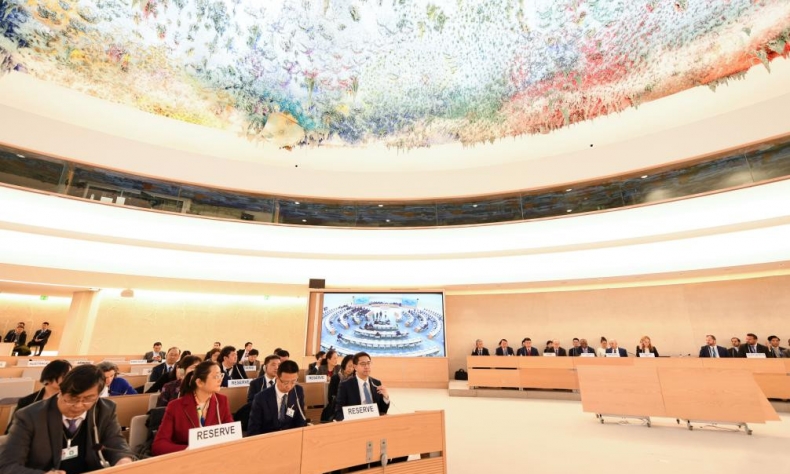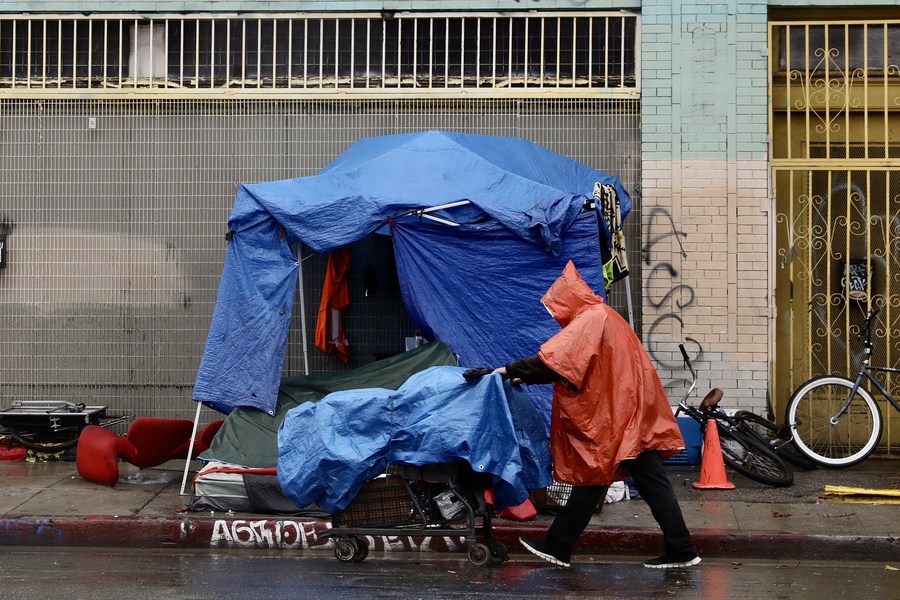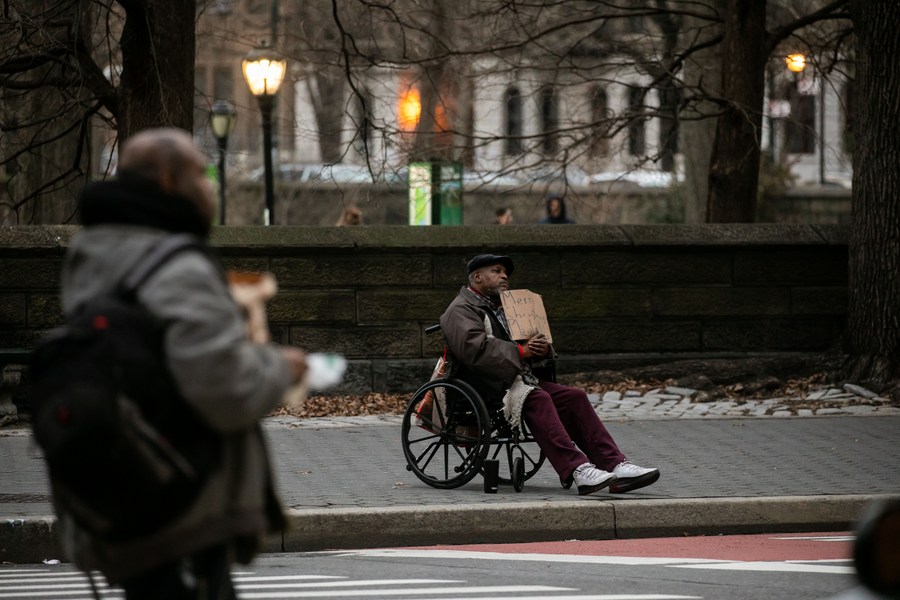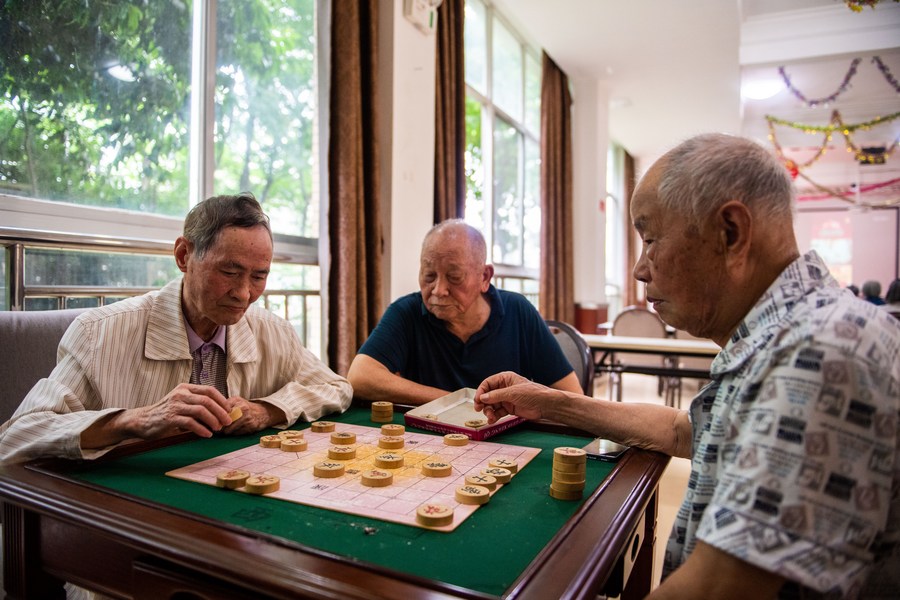Human Rights Are About Protecting the People

The most important way to truly protect human rights is to oppose interventionism and hegemony; to promote multipolarity and true international democracy in the form of multilateralism; and to provide people with education, healthcare, housing and dignified work.
The term “human rights” has become thoroughly politicized in Western media discourse. At the same time, the concept has been hollowed out and emptied of important meaning.
According to the dominant Western liberal conception, rights to housing, healthcare, education and a dignified job are not considered human rights.
Instead, Western governments have weaponized the vague notion of human rights to justify interventionist policies and even wars, which have led to the preventable deaths of millions of people. This is the polar opposite of human rights.
A more complete and consistent conception of human rights must necessarily include the rights of people to sovereignty and non-interference. And this is why China’s more comprehensive understanding of human rights is so important. China has helped to broaden the international discussion on human rights so that the world can have a genuine conversation about how to protect people.
China has provided an important service in promoting what President Xi Jinping refers to as a people-centered idea of human rights. This is the true meaning of human rights: “the principle that all rights are interdependent and inseparable, takes people’s rights to subsistence and development as the primary human rights, and promotes the balanced development of economic, social and cultural rights on the one hand and civil and political rights on the other.”
When Chinese officials talk about their people-centered approach to human rights, as Foreign Minister Wang Yi did at the 75th anniversary of the Universal Declaration of Human Rights in 2023, they emphasize how China has eradicated absolute poverty, promoted economic development, ensured peace, and provided education, social security, and healthcare for its people.
When we have a more mature and inclusive understanding of human rights, we can see that China’s remarkable success in lifting nearly 800 million people out of absolute poverty over the course of 40 years as of late 2020 is one of the greatest human rights achievements in world history.
Neoliberal distortion
It is not a coincidence that the superficial human rights discourse emerged in the West at the same time as neoliberal economics in the late 1970s. Neoliberalism preaches that the government’s responsibility is not to provide people with housing, healthcare, education and employment; instead, the state’s only duty is to protect private property, facilitate market transactions and promote the interests of capital.
In the 1970s and 80s, Western governments, led by the United States, imposed neoliberal economic policies on many countries in the Global South, or the nations of the world that are considered to have a relatively low level of economic and industrial development and are typically located to the south of more industrialized nations, many of which they had formerly colonized.

According to this narrow neoliberal concept of human rights, the only “right” a citizen has is not to be physically harmed by their government; but that citizen does not have a right to housing, healthcare, education or employment.
This is how the U.S. can claim to protect “human rights” while hundreds of thousands of its citizens do not even have a roof over their heads.
Homelessness is a horrific problem in the U.S., and it is growing.
In 2023, the number of homeless U.S. population increased by 12 percent year on year, to 653,104 people. Daily newspaper USA Today reported that this was “the sharpest increase and largest unhoused population since the federal government began tallying totals in 2007.”
The newspaper added that “the U.S. is facing growing rates of poverty and food insecurity.”
Each year, hundreds of homeless people in the U.S. die from hypothermia. And if you try to help them, you might be punished. For example, in a small town in Ohio, a pastor in January faced legal charges for providing food and beds to homeless people during the bitterly cold winter.
The Chinese Government found a simple way to solve homelessness: fighting ceaselessly against poverty.
Meanwhile, even the people who have homes are not safe in the U.S. Every year, the country witnesses hundreds of mass shootings, including 646 in 2022 and 656 in 2023, according to the U.S. Gun Violence Archive, which began tracking them in 2013, when it recorded 255 such shootings.
And the gun violence doesn’t end there. Each year, U.S. police on average shoot and kill more than 1,000 people. Black, Latino and Indigenous Americans are disproportionately victims of this brutal state violence. These are grave violations of human rights.
By contrast, China is one of the safest countries on Earth. Women in large cities like Beijing, Shanghai, or Guangzhou in the southern province of Guangdong can walk home alone at night without any worries. The same cannot be said of major U.S. cities like New York City, Chicago or Los Angeles.
While horrifying problems like poverty, hunger, homelessness and violence are getting worse in the U.S., social services are gradually being privatized. Education has become increasingly unaffordable for many working-class people. Student debt is at a staggering $1.74 trillion.
One third of adults in the U.S. have healthcare debts, and half of U.S. workers face difficulties paying for healthcare. This means that many people in the U.S. simply avoid going to the doctor and getting medical treatment–when they often need it.
All of these grievous problems represent severe violations of human rights. But they are not included in the Western neoliberal definition of the concept.

An abused tool
While the human rights discourse was emptied of all economic and social meanings, it became a tool of political interventionism. The term has been severely distorted to justify violations of countries’ sovereignty, in the service of hegemony.
Human rights rhetoric was weaponized to justify the U.S.-led NATO invasion of Afghanistan in 2001, which continued for two decades and led to hundreds of thousands of civilian deaths.
Human rights was one of the reasons cited by the U.S. to justify its war on Iraq, which started in 2003, ended in 2011 and led to at least 1 million deaths, according to a study by the Nobel Prize-winning organization International Physicians for the Prevention of Nuclear War.
Then UN Secretary General Kofi Annan clearly stated that this invasion of Iraq “was illegal” and violated the UN Charter.
The reality is that Western governments hypocritically accuse their adversaries of violating “human rights” to justify aggressive actions against them, whether it be through militarily intervening, imposing unilateral sanctions, or supporting domestic opposition groups that seek to destabilize the local authorities.
Many so-called “human rights” organizations in the West claim to be “non-governmental organizations” (NGOs) but are in reality intricately linked to Western governments.
Human Rights Watch had its origins in Helsinki Watch, a political anti-Soviet organization that was formed during the Cold War. It was used as a political instrument to try to destabilize Washington’s adversaries in Moscow.
The longtime former executive director of Human Rights Watch, Kenneth Roth, got his start as an attorney for the U.S. Department of Justice.
Despite its name, Human Rights Watch openly supported NATO’s intervention in Libya in 2011, and it lobbied for the U.S. Government to impose illegal unilateral sanctions on Venezuela and Nicaragua a few years ago, which have caused tens of thousands of civilian deaths.
While many of these “NGOs” have a revolving door with Western governments, their reports frequently serve U.S. national security interests, under the guise of human rights.
The Western concept of human rights has been distorted, much like the neoliberal idea of democracy, which is supposed to mean rule by and for the people, but in practice means a system dominated by two warmongering parties with nearly identical political programs. The parties alternate power every few years after elections that are essentially bought by powerful corporations and oligarchs, who fund the electoral campaigns of candidates and force them to implement their economic agenda when they win.
Sending your people out to vote every few years in an election in which there are only two choices between extremely unpopular candidates who share 95 percent of the same policies and are bought and sold by powerful corporations is not democracy.

Lessons to learn
China has enriched the global political discourse by offering more comprehensive understandings of both democracy and human rights, with its concept of whole-process people’s democracy and its people-centered approach to human rights.
While the United States has encouraged more war and instability, especially in West Asia, China has fostered peace, using diplomacy to help Saudi Arabia and Iran normalize relations in March 2023, for instance.
Worldwide, China is promoting economic development through its Belt and Road Initiative, an initiative boosting connectivity along and beyond the ancient Silk Road routes. This offers mutually beneficial partnerships, infrastructure development and poverty alleviation.
China has also maintained a non-interventionist foreign policy, respecting the sovereignty of nations, while simultaneously advocating for the democratization of international institutions that are dominated by Western powers and routinely ignore the voices of the Global South.
The most important way to truly protect human rights is to oppose interventionism and hegemony; to promote multipolarity and true international democracy in the form of multilateralism; to fight poverty and underdevelopment; and to provide people with education, healthcare, housing and dignified work.
China has made enormous progress in all of these areas, and, in turn, has given us all a lot to learn from.
The author is a U.S. journalist and geopolitical analyst based in Beijing. He is the founder and editor of the Geopolitical Economy Report news website.
 Facebook
Facebook
 Twitter
Twitter
 Linkedin
Linkedin
 Google +
Google +










